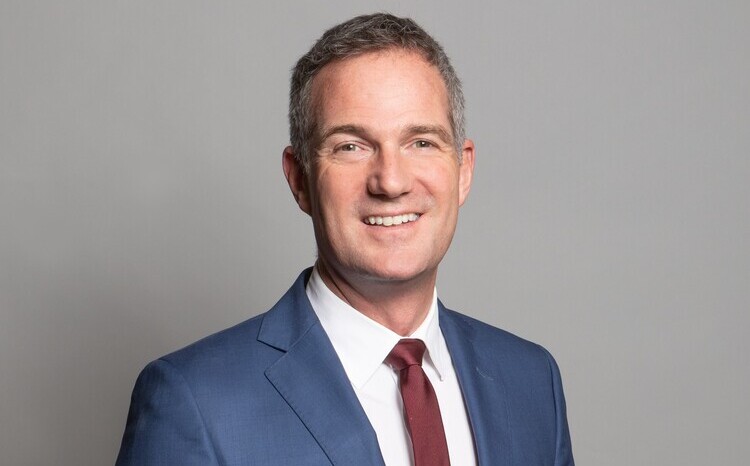Lansley apologises in data access row
- 31 March 2011

Health secretary Andrew Lansley yesterday apologised for misleading the Health Select Committee over the publication of a survey of the public’s perception of the NHS. But he refused to confirm that funding has been cut for two other national surveys.
The apology came in an adjournment debate called by Labour MP John Cryer and followed a week of mounting criticism of the government over its handling of national polls and statistics about the health service.
The government had been accused of “burying good news” by refusing to publish the six-monthly Ipsos/MORI Perceptions of the NHS Tracker, which has been running since 2000.
Lansley told the Health Committee on March 22: “As I understand it, this is a piece of work which has been done on a regular basis for ministers. As it was not published by my predecessors, it is not my intention to publish it.”
However, the surveys had been made publically available until March 2010 and the latest data was already on the Ipsos/MORI website.
Critics said the government had not wanted to publish it as it showed record levels of satisfaction with the NHS which may now begin to fall. The DH subsequently published the poll on its website on March 25.
Lansley yesterday apologised for misleading the Health Committee, saying he had made his comments in error based on poor advice from civil servants. The tracker poll would continue, he said, but he refused to confirm whether he would continue to publish it.
He went on to answer questions about withdrawing of funding from two national surveys: the General Lifestyle Survey, run by the Office for National Statistics since 1971with funding from the NHS Information Centre for the health section, and the British Social Attitudes Survey, run by the National Centre for Social Research since 1983 with around £50,000 from the DH to fund its NHS section.
The General Lifestyle Survey contains data about smoking, drinking, use of the health service and health conditions while the British Social Attitudes Survey looks at satisfaction with the NHS.
On March 23, Sir Michael Scholar, chair of the UK Statistics Authority, wrote to Lansley expressing his concern about the future of the General Lifestyle Survey, and accusing the government of failing to consult on the immediate withdrawal of £300,000 by the NHS Information Centre.
He wrote: “The decision by the NHS Information Centre will…result in the immediate discontinuation of long- established National Statistics on smoking, drinking, health conditions and use of heath services… I urge you to reject the Information Centre’s proposal.”
Lansley told the House of Commons yesterday that no decision had been taken on this, or on the Department of Health’s contribution to the General Lifestyle Survey.
A DH spokesperson told EHI: "No decisions have been taken and discussions are still ongoing with the Information Centre. The Department will respond to Sir Michael Scholar once these have been completed."
An Information Centre spokesperson said: "Along with all public sector bodies we are reviewing all areas of expenditure. We are aware of Sir Michael’s letter and DH are considering the matter.”
Chris Ham, chief executive of the King’s Fund health think-tank, said it would pick up the funding for the British Social Attitudes work. He told the Financial Times that it was “a great shame that the department has ceased central funding for one of the most authoritative, long-run means of tracking Briton’s attitudes to the NHS and its funding and one which allows public perceptions of government reforms to the service to be assessed over time”.
Nick Parrott, Unite’s health policy specialist, said: “The irony is that while the government talks about giving people access to data, when it comes to the bigger picture it is not so keen.
“The information revolution is in danger of turning into an information counter revolution.”




